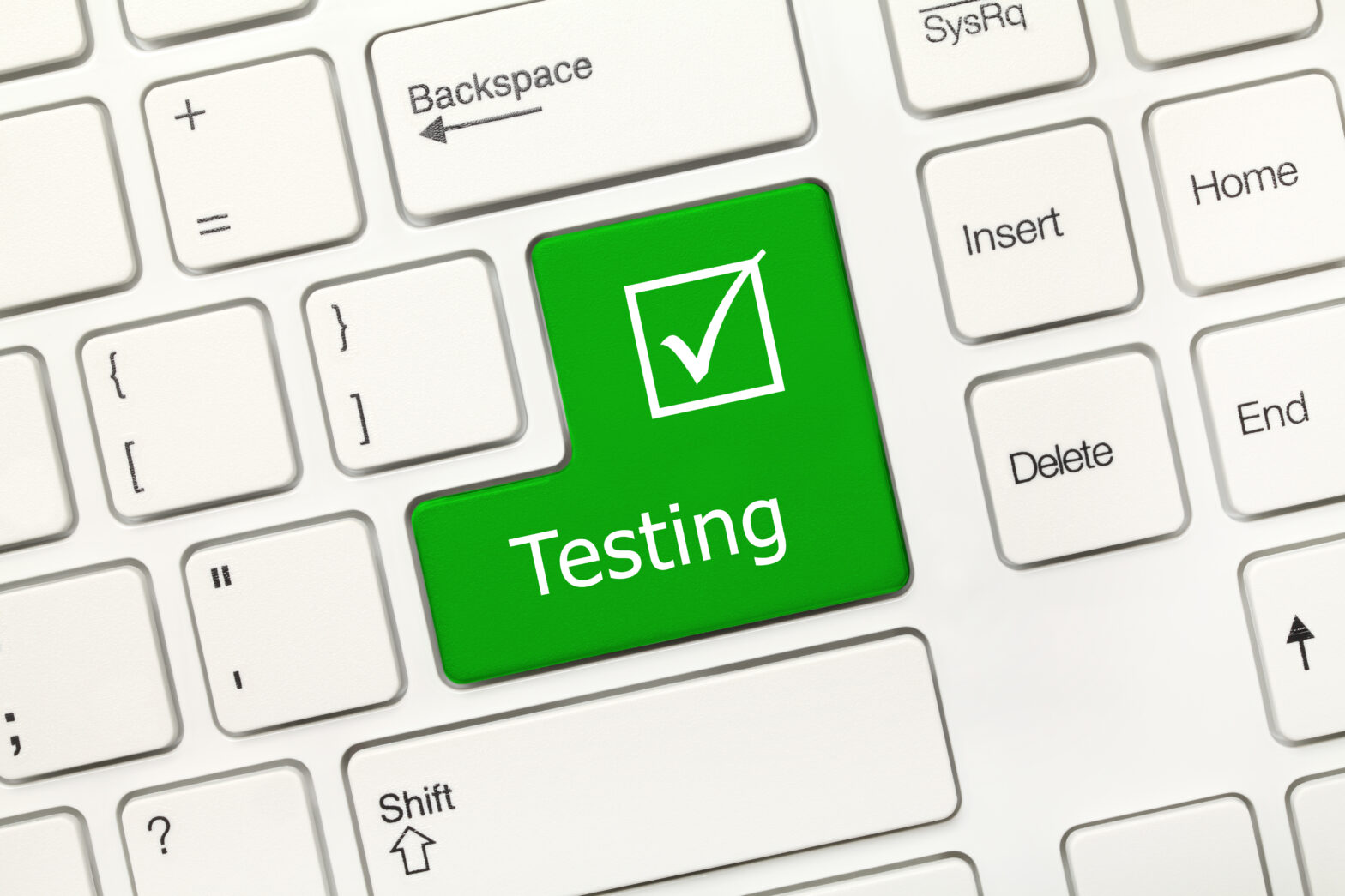On sight of the term ‘psychometric testing’ it is probable that a number of readers will conjure up associations with random rune-reading, interview voodoo or business black magic. Small firms are generally more likely to use informal means of obtaining new recruits, but if your business is one where people are an essential ingredient, psychometric tests could provide the extra zest that your bubbling cauldron needs – especially if your staff turnover is higher than ideal or you’re finding new starters aren’t turning out as you’d expected.
Objective tests can provide another ‘opinion’ than your own and others involved in the interview process. Richard Baines, a director of HR and communications consultancy group Argyll, has been using tests to hire staff for many years. ‘I use it as a support tool, not as the be-all and end-all. Of course, relying on any tool solely is a mistake, so psychometric testing is a back-up and can reinforce your gut feeling. It’s very good at sounding out natural preferences and communications styles of interviewees.’
As opposed to the vague impression you may get of a candidate in the short time allowed by interviews, Baines believes these tests gives a ‘more rounded’ view of a person. ‘They help identify types of personality and provide a very good fact-based tool to add to your other techniques, taking some risk out of the process. They can even go so far as to offer trigger questions you can use in a follow-up interview – for example, someone may seem to be a very good networker but their attention to detail might appear to be lacking, which gives you an area to concentrate your interview questions on.’
Related: Why I use psychometric testing when recruiting
Furthermore, psychometrics can turn over stones that you would never hope to see under in the interview process. ‘Interviews are quite short really and people can have good or bad days,’ says Baines, ‘so testing results can be quite powerful if they throw up aspects of someone’s personality – such as how they adapt their performance under pressure – that it’s difficult to extract from just a short chat.’
The joy of tests
Julian Bosdet, the founder and CEO of City PR agency Abchurch, wishes he’d started using psychometric test earlier after it has turned out some excellent new starters. The old practice of taking prospective candidates for a drink followed by a formal interview has been ditched in favour of psychometric aptitude tests, followed by an interview with a professional interviewer, and then one with Bosdet and another director. Now, as well as proving (twice) that some people are very good at tasks they thought they weren’t any good at, Bosdet appreciates that the tests ‘hint at personality traits that can be more deeply examined, tested or coached during their probationary period.’
It’s been such a hit with Bosdet that he’s begun testing his existing staff. ‘Now that we’ve introduced it for assessing new staff, we’ve also gone back and made employees who have advanced in the company take the tests. This gives us a benchmark, an ultimate profile against which we can compare new candidates.’
The Devil is in the detail
Lorraine Anstey, co-founder of Blue Chip Publishing, has been trained in personal profiling methods developed by business assessment colossus Thomas International. This technique involves the interviewee filling out a form where there are 24 lines, each of four descriptive words, such as ‘gentle, persuasive, humble, original’. The candidate picks out, within their working life, one word that they are the most like and one that they are least like. The results are presented in three different graphs: one is self image, how the individual likes to work; the second is the ‘work mask’, how they work due to the restrictions of their job; and the third is a ‘pressure profile’, how they behave under pressure. Then the assessor can decide whether the interviewee is appropriate for the position depending on the ‘goodness of fit’ (a statistical term) between their results and the role’s requirements, such as high levels of concentration or attention to detail.
Anstey admits the whole thing is ‘a bit like tea leaf reading’, but counters that ‘it was developed by psychologists’ – a distinction that some people may find hard to make! But she is at pains to point out, like the others, that these tests are just part of the greater interview process. ‘In the long-run, the initial analysis from the tests does stand up to scrutiny. It’s now a very valuable tool for us in the interview process as well as the appraisal process. I think these tests are absolutely fabulous and the results are very, very accurate.’






